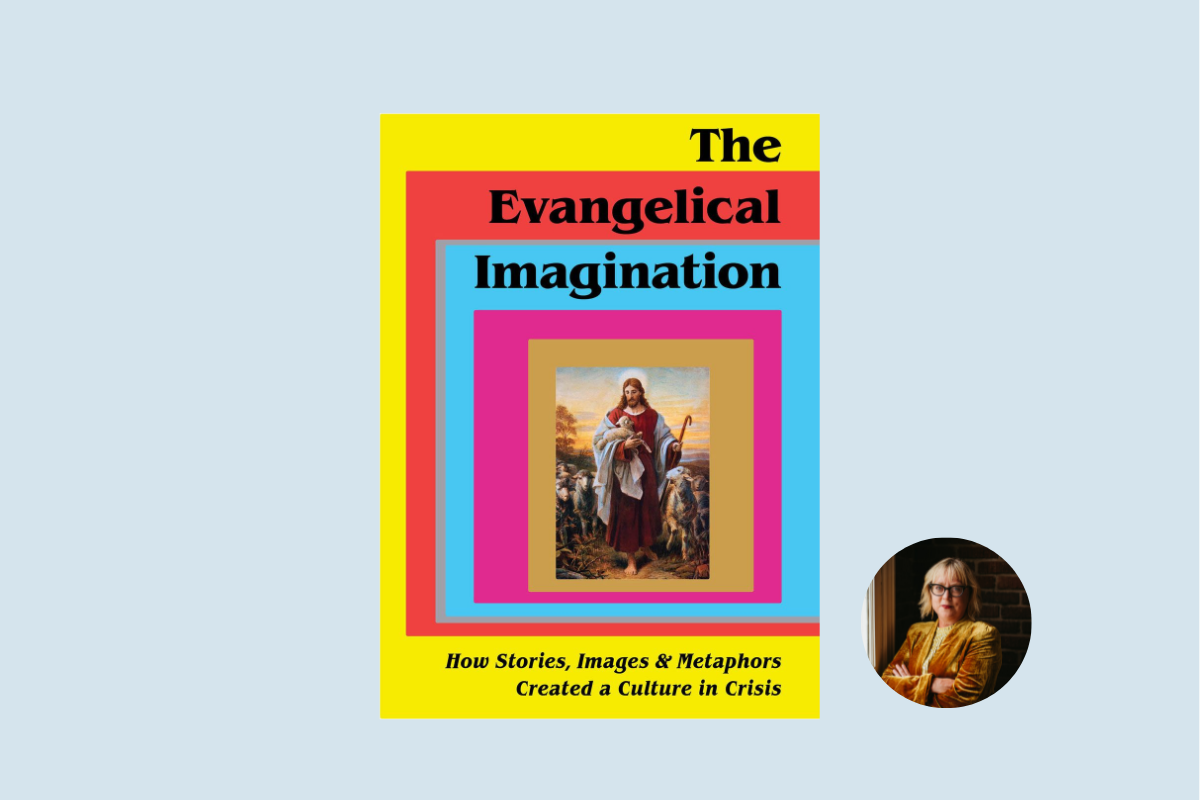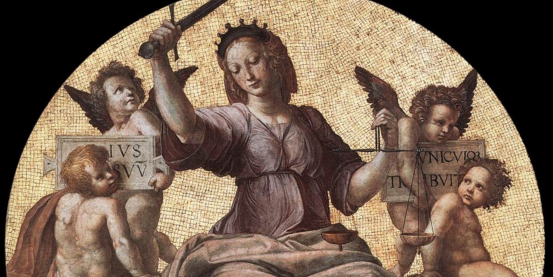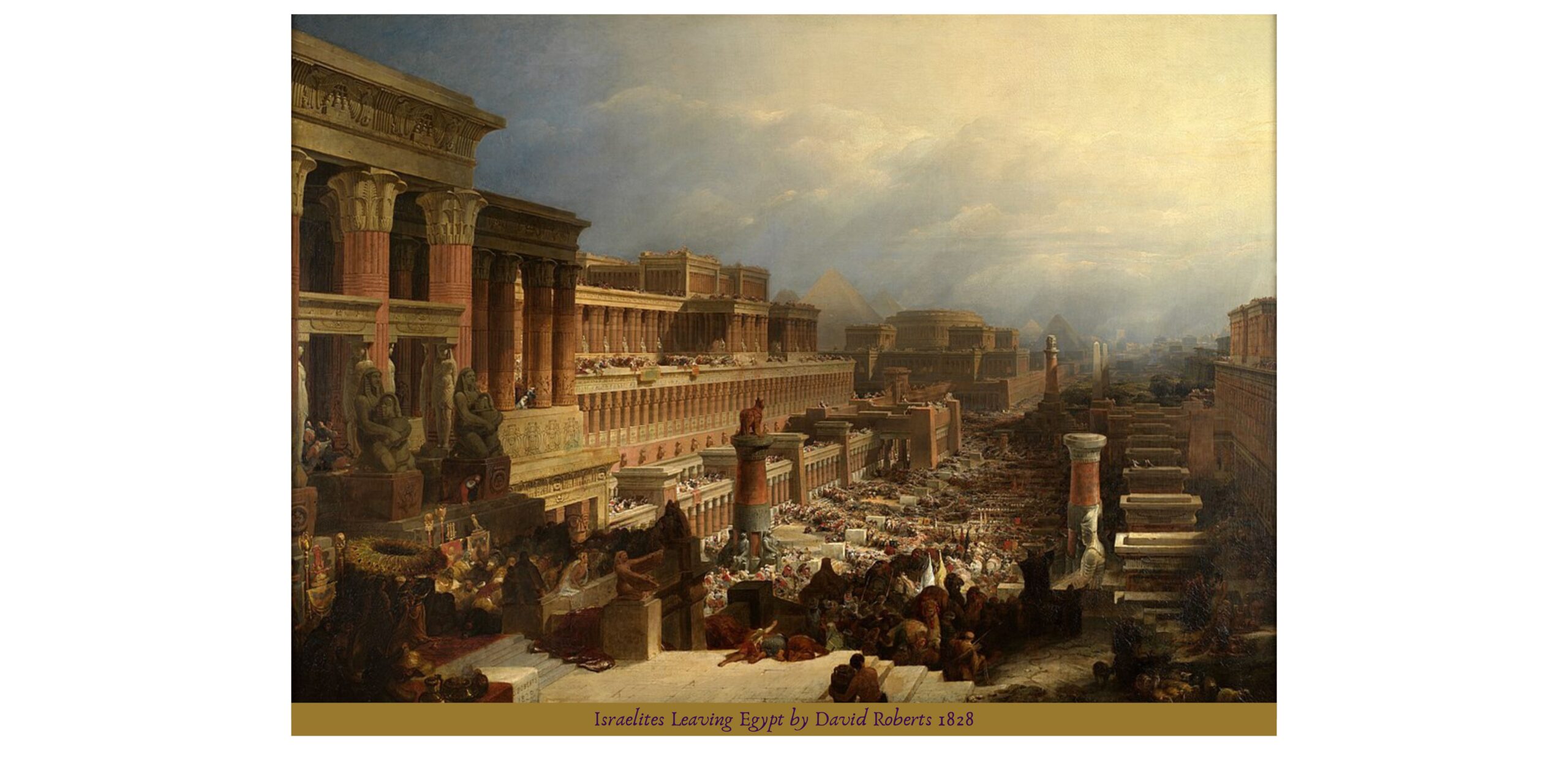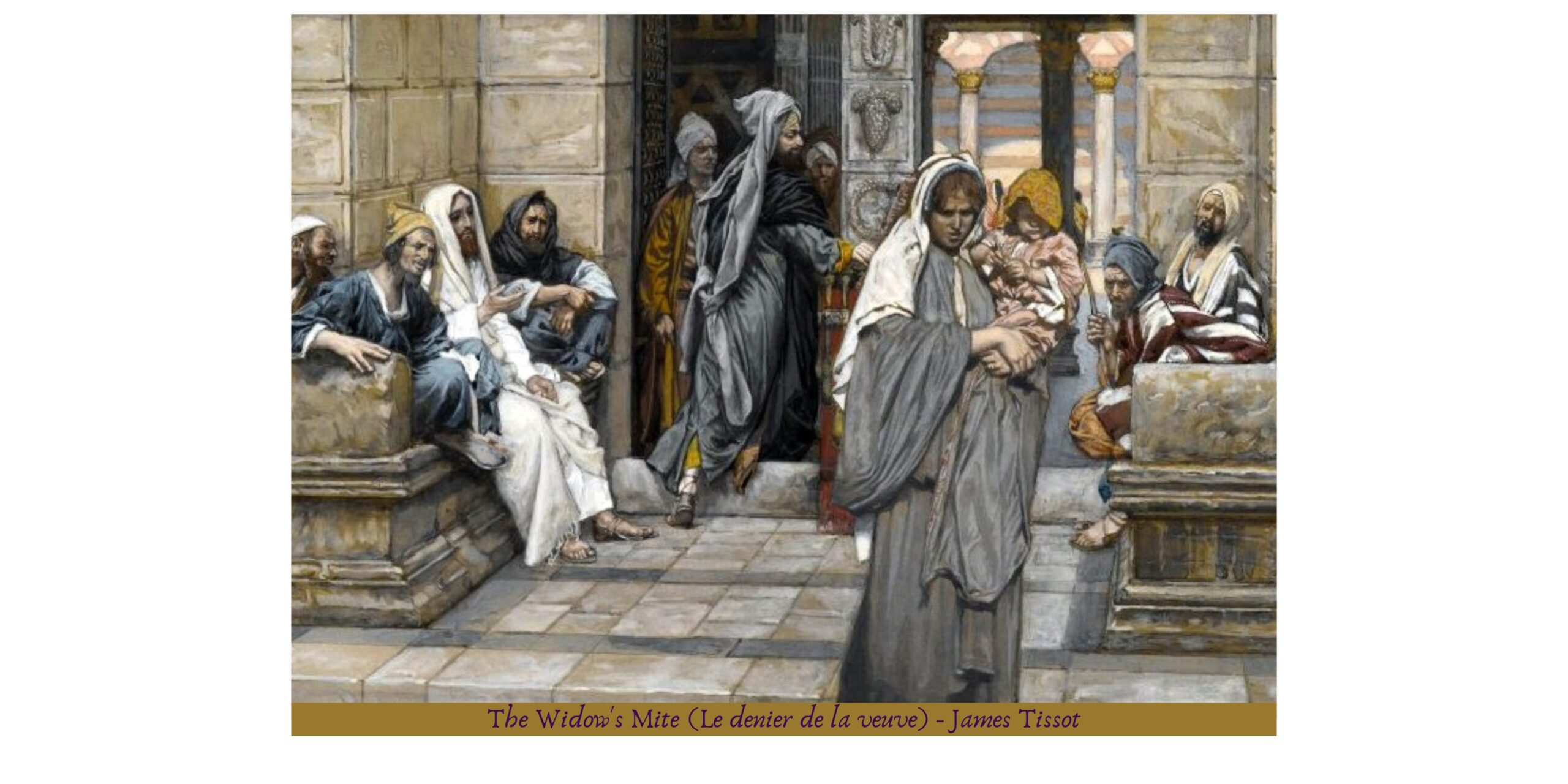Schole Communities Blog

The Evangelical Imagination
What is it about so much contemporary “Christian” art that makes it so bad so often? Even the
complaints have become cliché. To be sure, there are many Christian writers and artists today who strive to defy this stereotype and succeed. Nevertheless, Christian art has a problem.

The Nature of Fairyland
An old name for Fairyland is the Realm Perilous. The poetry of that name alone makes it a suitable descriptor for Fairyland, but its suitability is not exhausted in the poetry. It is also suitable because the fairy realm is a land of dangers. It is inherently a land of dangers: you could no more have a Fairyland without danger than you could have a universe without energy. But why it should be so is instructive.

Crowning Friendships with Truth, Virtue, and Great Books
Hundreds of years before the birth of Our Lord, Aristotle wrote a treatise on well-formed human
character called the Nicomachean Ethics. In this work, the philosopher reasons systematically
through different virtues, explaining how each one ought to be understood and developed. Then,
in the eighth chapter, he begins exploring what he deems a natural continuation of this topic:
friendship. He dismisses friendships of utility and pleasure as accidental; that is, someone in such
a friendship ultimately seeks his own well-being or pleasure. However, Aristotle then introduces
‘friendships of the good’ as the most desirable and perfect friendships.

The Ethics of Beauty- Continuing the Conversation…
All in all, I count eight beautiful ways that we react with perfect love to the presence of Christ in
the crucified poor. These ways are: the services of the Church; noetic prayer; monastic charity;
motherhood; mission work; social or philanthropic work; all the hospitalities of marriage; and our
vocations in the world….

Why Read Anything but the Bible?
In De Doctrina Christiana (AD 426) Augustine advises readers to learn from human institutions—branches of knowledge—that will aid them in reading Scripture: “This whole area of human institutions which contribute to the necessities of learning should in no way be avoided by the Christian; indeed, within reason, they should be studied and committed to memory.”

Frayed Edges – Making Space for the Sojourner
“When you reap the harvest of your land, you shall not reap your field right up to its edge, neither shall you gather the gleanings after your harvest. And you shall not strip your vineyard bare, neither shall you gather the fallen grapes of your vineyard. You shall leave them for the poor and for the sojourner: I am the Lord your God.” (Leviticus 19:9-10)
Submit a Blog Post
Use the form below to share (upload) a blog post with the Scholé Communities Network!
